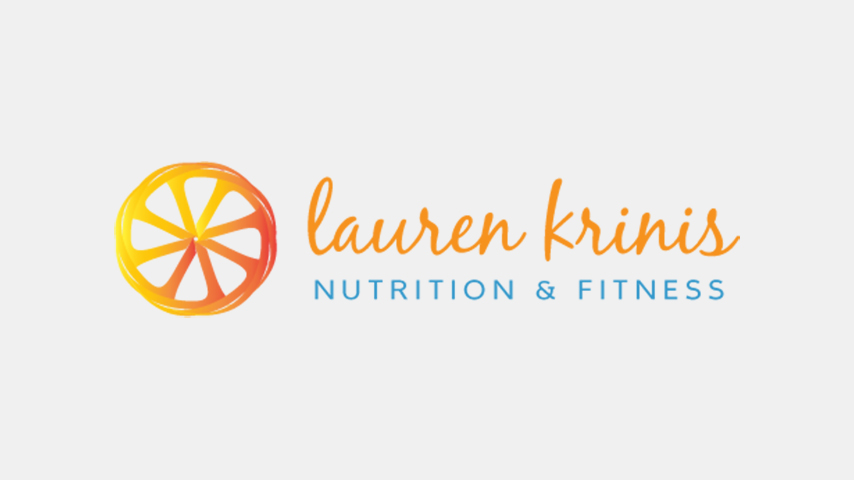These are 3 myths I often come across that you need to know the truth about.
1. THE STARVATION MYTH: If you eat less and exercise more, weight loss will occur.
2. THE CALORIE MYTH: All calories are created equal.
3. THE FAT MYTH:Eating fat makes you fat
1. THE STARVATION MYTH
MYTH: If you eat less and exercise more, weight loss will occur.
THE ISSUE: Calorie restriction backfires because fundamentally we, as biological creatures, are genetically coded to save ourselves from starvation. If your body thinks it is starving to death it sets off chemical processes deeply embedded in our DNA to prevent the body from starving by eating more
WHAT ACTUALLY HAPPENS: When we lose weight this way only about half of what you lose is fat and the rest is valuable, metabolically active muscle. Unfortunately, when the weight is regained, it is nearly all fat. The starvation approach may give you a quick temporary loss, but actually makes you fat in the long run.
2. THE CALORIE MYTH
MYTH: All calories are created equal.
THE ISSUE: Traditional weight loss programs teach us reducing calories results in weight loss, however, it is the type of calories rather than the amount of calories that affect weight
WHAT ACTUALLY HAPPENS: Carbohydrates, fats, proteins, fiber and nutrient variations translate into different metabolic signals that control weight. Foods that enter the bloodstream quickly such as simple carbs, trans-fats, and sugar spike blood sugar and metabolize quickly promoting weight gain. Whereas foods that enters the blood stream slowly, such as protein, monounsaturated and saturated fats, and complex carbohydrates keep blood sugar balanced and are slowly metabolized and promote weight loss.
3. THE FAT MYTH
MYTH: Eating fat makes you fat
THE ISSUE: We have been mislead by shaky science and political lobbying that if we eat fat we will get fat because fat has more calories per gram than carbs, but there is more to the story than calories or fat grams. In addition, pharmaceutical companies and food industry profit greatly from our “low-fat” diet shopping!
WHAT ACTUALLY HAPPENS: There are a couple of factors that come into play here. Low fat diets are often rich in starchy or sugary carbohydrates which raise insulin levels and promote weight gain. Recent studies have shown that high levels of good dietary fats do not promote weight gain. When you eat good fats you turn up your fat burning capacity and when you eat bad fats you switch on genes that make you gain weight. The takeaway here is the type of fat you eat is more important than the amount of fat you eat.
It’s not your fault! Many people have struggled with weight loss because myths like these are so prevalent in our day to day lives! It’s hard to find a reliable source for sound nutrition advice.
Remember: It is the quality of the calories, including the fats, that you consume that matter most. Exercise alaways, but do it for its many, many health benefits – not solely to reduce your caloric intake. And enjoy whole, organic health foods to help you feel satiated from nutrient dense food and you will start to see REAL changes!



